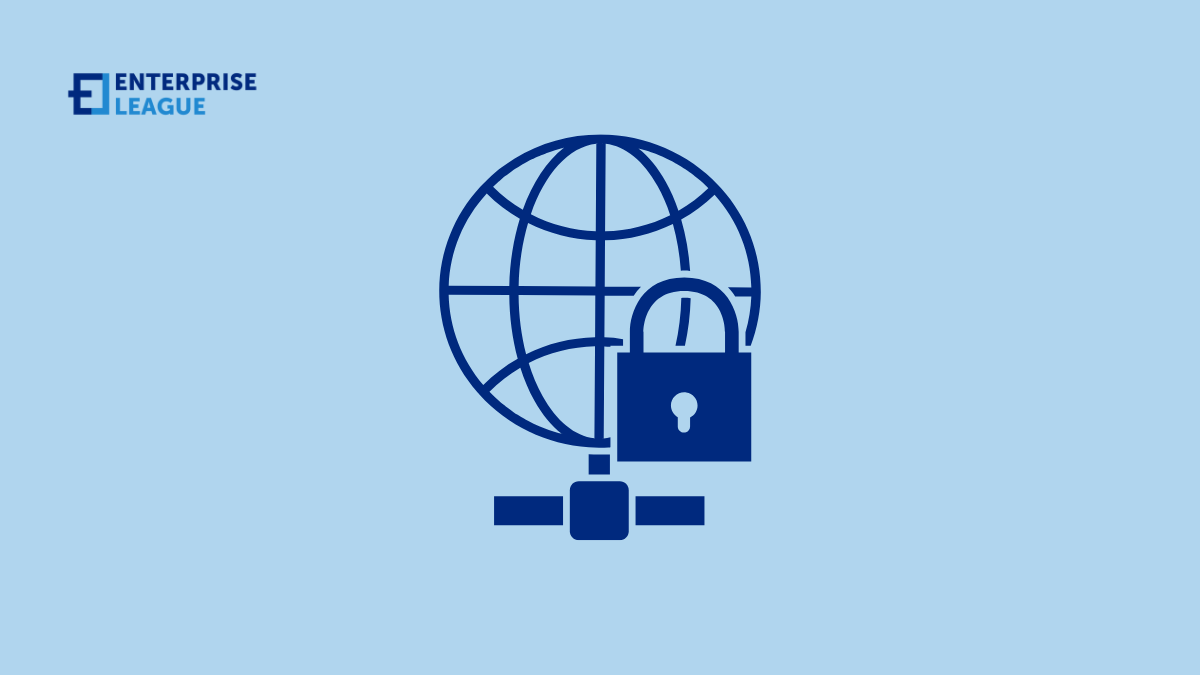As remote work becomes a staple in the modern business environment, maintaining secure remote connections is imperative. Businesses must adopt robust security practices to protect sensitive information and ensure that the integrity and confidentiality of their data are preserved. Here’s how organizations can enhance the security of remote connections today.
Utilize virtual private networks (VPNs)
A fundamental step in securing remote connections is the implementation of Virtual Private Networks (VPNs), which form a part of a broader Secure Service Edge (SSE) strategy. VPNs create a secure tunnel between the remote user’s device and the company’s network, encrypting data transmitted across this connection. This encryption helps protect sensitive information from interception by unauthorized third parties. Businesses should ensure that all remote employees are equipped with reliable VPN access and are trained on how to use it properly.
Enforce multi-factor authentication (MFA)
Multi-factor authentication (MFA) greatly improves security by necessitating various types of verification before allowing access. This process usually includes a known element (like a password), a possessed element (such as a smartphone app or security token), and an inherent element (biometric data). Utilizing MFA helps businesses lower the likelihood of unauthorized entry, providing an additional layer of security even when primary login details are compromised.
Keep software and systems updated
Outdated software can be a major vulnerability in remote work settings. Cybercriminals exploit known flaws in older software versions to gain unauthorized access to systems. Regularly updating operating systems, applications, and security software with the latest patches is crucial. Businesses should automate updates where possible and enforce policies that ensure remote workers keep their devices up to date.
Educate and train employees on security best practices
The human element often poses one of the greatest risks to cybersecurity. Providing regular training can empower employees to recognize phishing attempts, suspicious activities, and other security risks. Additionally, clear guidelines on security protocols for remote work can help employees understand their roles and responsibilities in maintaining cybersecurity.
Implement secure Wi-Fi practices
Using secure, encrypted Wi-Fi connections is essential for remote workers. Employees should be instructed to avoid public or unsecured Wi-Fi networks when working with sensitive data. Businesses can provide guidance on setting up a secure home network, which includes using strong, unique passwords for Wi-Fi networks and enabling WPA3 encryption.
Use endpoint protection solutions
Endpoint security tools provide another layer of defense by preventing, detecting, and responding to threats directly at the remote device level. These solutions can include antivirus and anti-malware software, personal firewalls, and intrusion detection systems. Investing in comprehensive endpoint security ensures that all devices connecting to the company network are monitored and protected from threats.
Regular security audits and vulnerability assessments
Frequent evaluations of the security frameworks supporting remote work can pinpoint and mitigate vulnerabilities before they are exploited. It is essential to carry out security audits and vulnerability assessments to gauge the efficacy of existing security protocols, comprehend potential risks, and make the required enhancements.
By adopting these strategies, businesses can significantly enhance the security of their remote connections, protecting both their data and their workforce in the modern, distributed workplace. This proactive approach not only safeguards the organization’s assets but also builds trust with clients and employees, reinforcing the company’s commitment to security in a remote work era.
Conclusion
With the proper safeguards and a commitment to best practices, organizations can confidently embrace the future of work while maintaining a strong security posture. The peace of mind that comes from knowing your remote workforce is connected through secure channels is invaluable today.
More must-read stories from Enterprise League:
- Inspiring quotes about supporting small businesses.
- Common hiring mistakes that employers make and how to prevent them.
- What’s the secret to running successful cold email campaigns?
- Unique and profitable drone business ideas you should be aware of.
Related Articles
What Are the Top-Rated Fuel Cards for Businesses Operating Nationwide
Fuel expenses can eat into operational costs and profits if left unchecked. The bigger the fleet a company has, the more significant the loss. Specialized fuel cards emerge as a viable solution to boosting fuel savings, security, and streamlining expense management....
How do I reserve a space for a trade show in Pennsylvania
Trade shows are excellent business opportunities. Your upcoming event should occur in a space big enough to hold all participating brands while leaving room for visitors. Learning how to reserve a space for a trade show in Pennsylvania will help you find the best...
What Are the Best Event Venues for Corporate Meetings?
Finding the perfect event venue for your corporate meetings requires careful consideration of location, amenities, accessibility and reputation. The best venues provide excellent audio-visual capabilities, flexible meeting spaces, and professional decor options to...
What Are the Top-Rated Fuel Cards for Businesses Operating Nationwide
Fuel expenses can eat into operational costs and profits if left unchecked. The bigger the fleet a company has, the more significant the loss. Specialized fuel cards emerge as a viable solution to boosting fuel savings, security, and streamlining expense management....
How do I reserve a space for a trade show in Pennsylvania
Trade shows are excellent business opportunities. Your upcoming event should occur in a space big enough to hold all participating brands while leaving room for visitors. Learning how to reserve a space for a trade show in Pennsylvania will help you find the best...






